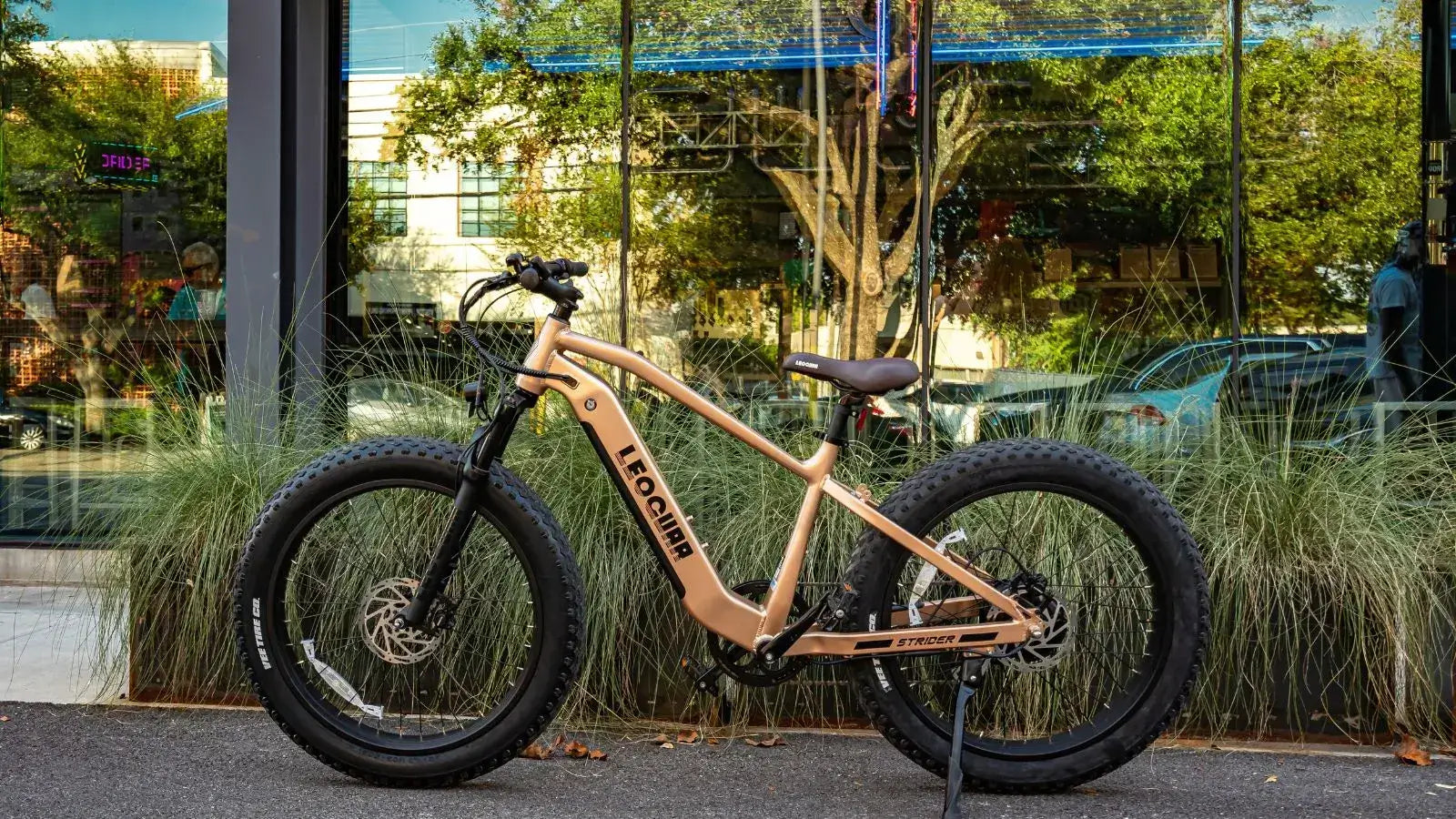
Electric Bike Repairs Made Easy: What to Expect from a Good eBike Shop
Why Electric Bike Repair Specialists Matter
The pure joy of riding an electric bike can quickly turn into frustration when a technical problem happens. That smooth, quiet ride stops suddenly, and you face a machine that is much more than just a regular bicycle. The truth is that not every local bike shop can handle the complex electronics that power your ride. Finding a good electric bicycle repair shop is your next important step.
This guide will remove the guesswork and worry from that process. We will show you exactly what makes a great e-bike service center, the important questions you must ask, and what to expect during repairs. Our goal is to give you the knowledge to find a trustworthy professional and get you back on the road with confidence.
An e-bike is basically two complex systems working together: a high-performance bicycle and a sophisticated electrical system. While a traditional bike shop is great at fixing the bicycle part, the electrical part needs different and specialized skills. Ignoring this difference is a common and often expensive mistake for e-bike owners.
A standard mechanic can adjust your brakes and fix your wheels. But they are not trained to find problems with a faulty battery management system, fix a motor controller, or safely handle the high-voltage parts of your bike. The skills needed are simply different.
| Traditional Bicycle Repair Shop Expertise | Electric Bicycle Repair Shop Additional Expertise |
|---|---|
| Mechanical Brakes & Gears | Motor & Controller Diagnostics |
| Frame & Fork Alignment | Battery Health Analysis (BMS) |
| Wheel Building & Truing | Software and Firmware Updates |
| Chain & Drivetrain Service | Wiring Harness & Connector Repair |
| Suspension Service | Sensor Calibration (Torque, Cadence) |
Beyond making things work, safety is the most important concern. Wrong handling of lithium-ion batteries can have dangerous results. A qualified electric bicycle repair shop understands the details of charging methods, cell balancing, and the importance of using certified parts. Technicians must be trained to spot potential dangers and follow strict safety rules, especially when dealing with UL-certified batteries and chargers, to prevent fires and ensure rider safety.

What Makes a Great eBike Repair Shop
When you start looking for an electric bicycle repair shop, you need to know what to look for. Certain signs clearly show a shop's commitment to quality and e-bike-specific service. Use this checklist to check out potential shops.
1. Dedicated eBike Service Area
A professional shop will have a specific workbench or a dedicated section of their workshop for e-bike service. Look for a clean, organized space with multimeters, battery analyzers, and other electronic tools. This physical separation shows they take electrical work seriously and are not just trying it out.
2. Technician Certifications
Ask if the technicians have certifications from major e-bike system manufacturers. Credentials from brands like Bosch, Shimano STEPS, Brose, or Yamaha are a gold standard. These certifications mean the technician has received factory-level training on specific diagnostic procedures and repair methods.
3. Diagnostic Tools
A top-tier shop will have computer diagnostic software. This allows them to plug directly into your e-bike's brain—the controller—to read error codes, check battery health, update firmware, and analyze performance data. A shop without these tools is basically guessing when it comes to electrical issues.
4. Clear Communication & Estimates
Before any work begins, the shop should be able to clearly explain the potential issue in simple language and provide a detailed, itemized, written estimate. Vague answers or unwillingness to put costs in writing are major red flags.
5. Experience with Multiple Brands
While a shop might be an authorized dealer for a specific brand like Trek or Specialized, a great one will have experience working on a variety of motor and battery systems. This wide experience shows they have a deeper understanding of how different systems work and are better equipped to handle unique problems.
6. Good Stock of eBike-Specific Parts
Look at their parts inventory. Do you see e-bike-specific chains (which are stronger), wider and more durable tires, and heavy-duty brake pads designed for the higher speeds and weight of e-bikes? A well-stocked shop can perform repairs faster and will not have to special-order every small part.
7. Positive, Specific Online Reviews
Go beyond the star rating. Look for reviews that mention specific e-bike problems being solved. Comments like "They fixed the error code on my Bosch motor" or "They found my battery issue when no one else could" are far more valuable than general praise like "great service." From our experience, a shop that actively shows you the diagnostic report on their computer screen is a strong sign of transparency and expertise.
The Ultimate eBike Repair Shop Vetting Checklist
Observing a shop is one thing; actively checking them out is another. Walking in or calling with a specific set of questions saves you time and immediately signals that you are an informed consumer. Here are 10 critical questions to ask any potential electric bicycle repair shop.
1. "Do you have experience working on my bike's brand and motor system?"
A good answer: "Yes, we see [Your Brand] bikes often and are very familiar with the [Bosch/Shimano/Bafang] motor system it uses." A hesitant or negative answer means you should probably look elsewhere.
2. "What is your diagnostic process for an electrical issue?"
A good answer: "We start with a comprehensive intake, then connect the bike to our diagnostic software to pull any error codes. From there, we will test the battery, motor, and controller individually." This shows a systematic, professional approach.
3. "Are your technicians certified for e-bike repair?"
A good answer: "Yes, our lead technician is certified by Bosch and Shimano, and our other mechanics have completed general e-bike service training."
4. "What is your typical turnaround time for a diagnosis?"
A good answer: "We can typically get you a full diagnosis and estimate within 24 to 48 hours, depending on how busy the service queue is."
5. "Do you provide a detailed, written estimate before starting work?"
A good answer: "Absolutely. We never proceed with a repair until you have seen and approved a written estimate."
6. "What is your policy on using customer-supplied parts?"
A good answer: "We prefer to use parts we source ourselves to ensure quality and compatibility, but we can sometimes install customer parts. However, we cannot offer a warranty on the part itself, only on our labor." This is a reasonable and common policy.
7. "Do you warranty your repair work?"
A good answer: "Yes, we offer a 90-day warranty on all our labor to ensure the repair is done right."
8. "Can you handle both the mechanical and electrical repairs my bike might need?"
A good answer: "Yes, we are a full-service shop. We can perform a complete tune-up as well as troubleshoot any issues with the drive system."
9. "How do you communicate updates during the repair process?"
A good answer: "We will call or text you with the initial estimate, and if we discover anything else during the repair, we will contact you immediately for approval before proceeding."
10. "What happens if you can't identify or fix the problem?"
A good answer: "While it is rare, if the issue is beyond our scope or requires a proprietary part we cannot get, we will not charge you for the diagnostic time and can offer a referral if we know someone who can help." This shows honesty and integrity.
Asking these targeted questions ensures the shop is capable of performing all essential e-bike maintenance tasks correctly and professionally.
Understanding the Electric Bike Repair Process
One of the most frustrating experiences for an e-bike owner is being turned away by a repair shop. This often happens to owners of direct-to-consumer (DTC) e-bikes, and the reason lies in the basic difference between e-bike system types.
- Branded "Closed" Systems: These are motor and battery systems made by major manufacturers like Bosch, Shimano, Yamaha, and Brose. They are typically found on e-bikes sold through traditional bicycle shops (e.g., Trek, Specialized, Giant). These manufacturers provide certified dealers with proprietary diagnostic software, spare parts, and training.
- Direct-to-Consumer (DTC) / "Open" Systems: These are found on bikes from brands sold primarily online, like Rad Power Bikes, Aventon, or Lectric. They often use generic, unbranded components or parts that are proprietary to that specific bike brand.
Here's why this matters for repairs:
| Feature | Branded Systems (Bosch, Shimano) | DTC / Open Systems (Online Brands) |
|---|---|---|
| Parts Availability | Available to certified dealers | Often only available from the bike brand; can be hard to source |
| Diagnostic Support | Advanced software for shops | Usually no external diagnostic tools available |
| Technician Familiarity | High; standardized training | Low; huge variation between brands |
| Where to Get Service | Any certified dealer for that system | Limited to brand-specific networks, mobile mechanics, or shops willing to experiment |
A shop may refuse to work on a DTC e-bike for valid reasons: they have no access to diagnostic software, they cannot source replacement parts, and they fear liability for working on an unknown electrical system. Experts often warn that when buying an e-bike, there are many factors that can affect performance and repairability, with non-standard parts being a primary concern.
If you own a DTC bike, do not give up. Your strategy should be to look for mobile e-bike mechanics who often specialize in these brands, check your bike brand's website for a list of partner shops, or find an independent electric bicycle repair shop known for its electrical expertise and willingness to tackle diverse challenges.
Most Common eBike Repairs and Their Costs
Understanding potential repair costs can reduce the worry of taking your bike to a shop. While prices vary significantly based on your location, the bike's complexity, and the specific shop, this table provides a ballpark estimate for common services. Always get a specific, written estimate before authorizing work.
| Service | Description | Estimated Cost Range |
|---|---|---|
| eBike-Specific Tune-Up | Includes all standard tune-up items (brake/gear adjust, bolt check, tire inflation) plus an electrical connection check and a quick diagnostic scan. | $100 – $200 |
| Flat Tire Repair (Hub Motor) | More complex and time-consuming than a standard bike due to motor wiring that must be disconnected and reconnected carefully. | $30 – $60 |
| Full Diagnostic Check | An in-depth software analysis of the battery, motor, and controller to identify error codes, check battery health, and analyze sensor function. | $75 – $150 |
| Brake Bleed (Hydraulic) | E-bikes require more frequent bleeding of hydraulic brakes due to higher forces. Price is per brake. | $40 – $70 |
| Battery Replacement | The single most expensive component. Price includes a new, high-quality, certified battery plus the labor to install and test it. | $500 – $1200+ |
Finding the right electric bicycle repair shop is about finding a partner in your e-bike journey. By understanding what makes a shop great and knowing the right questions to ask, you can ensure your bike receives expert care, keeping you riding safely and happily for years to come.
Frequently Asked Questions
1. Q: How often should I take my e-bike to a professional for maintenance?
A: Most e-bike manufacturers recommend professional service every 6-12 months or every 1,000-2,000 miles, whichever comes first. However, if you ride frequently or in harsh conditions, you may need service more often.
2. Q: Can a regular bike shop work on my e-bike's mechanical parts?
A: Yes, most traditional bicycle repair shops can handle mechanical components like brakes, gears, and wheels. However, they should avoid touching any electrical components, wiring, or battery systems without proper training and tools.
3. Q: What should I do if my e-bike stops working suddenly?
A: First, check basic things like battery charge level and display error codes. If the issue persists, avoid attempting electrical repairs yourself and take it to a qualified electric bicycle repair shop for proper diagnosis.
4. Q: How much should I expect to pay for a basic e-bike tune-up?
A: A comprehensive e-bike tune-up typically costs between $100-$200, which includes both mechanical adjustments and basic electrical system checks. This is more expensive than a regular bike tune-up due to the additional electrical components.
5. Q: Is it worth repairing an older e-bike or should I buy a new one?
A: This depends on the specific issue and your bike's age. Generally, if repair costs exceed 50% of your bike's current value, or if the battery needs replacement on a bike over 5 years old, it might be more economical to upgrade to a new e-bike.



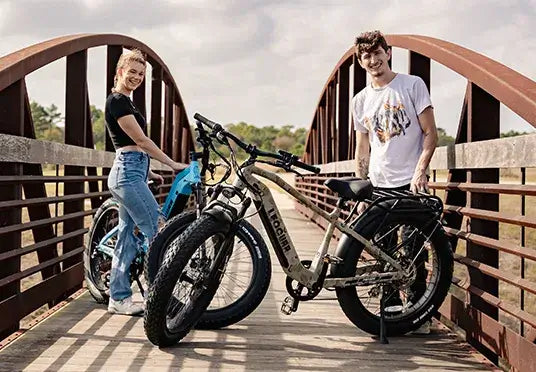
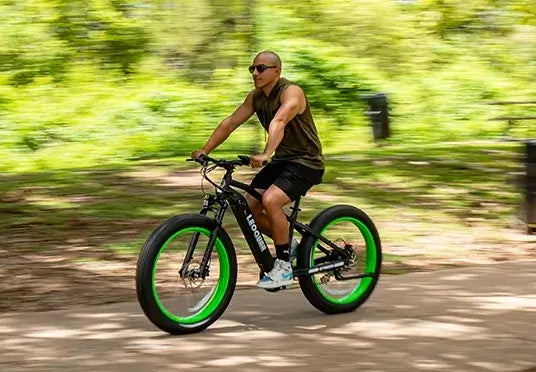
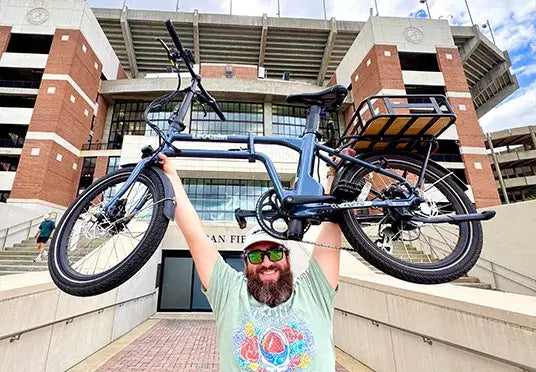

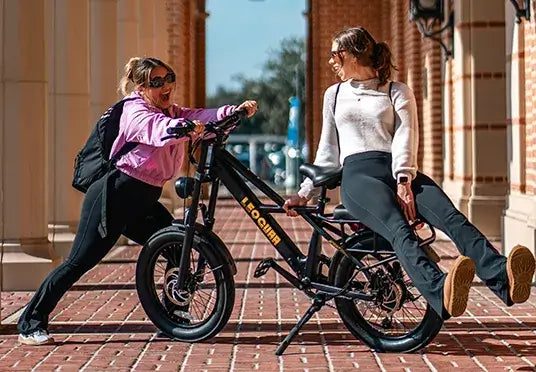
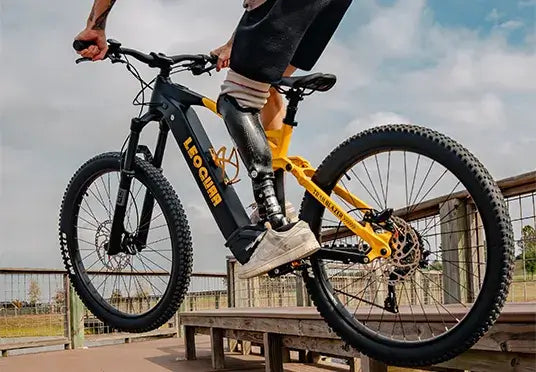
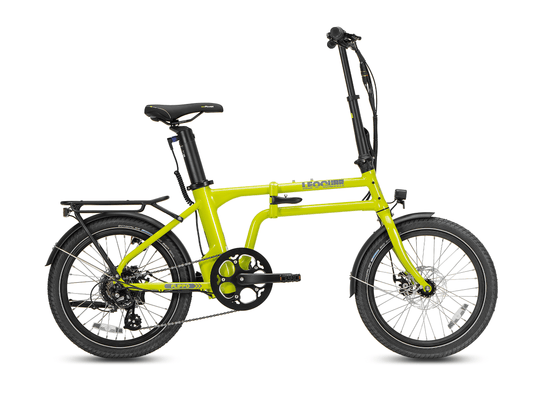
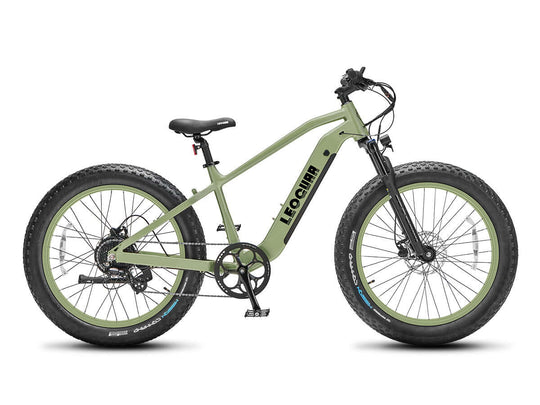
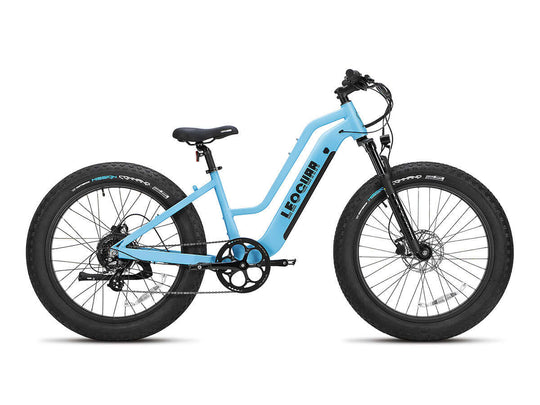
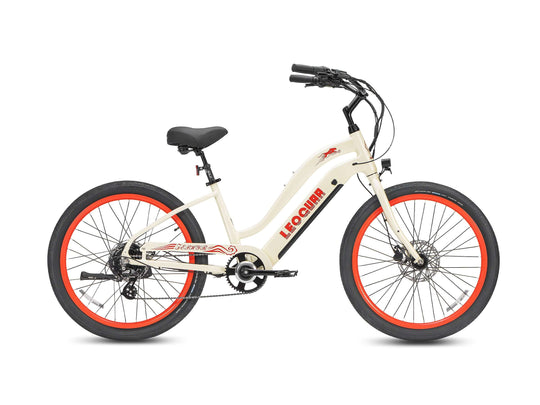
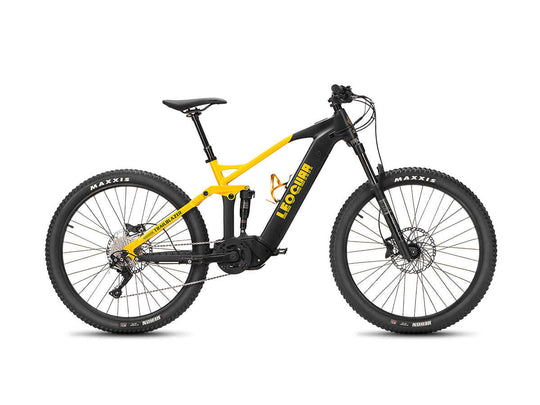
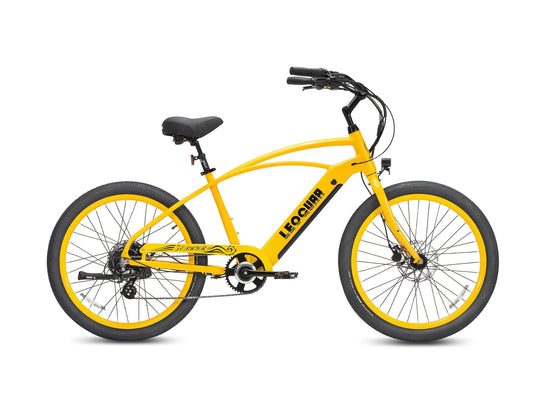
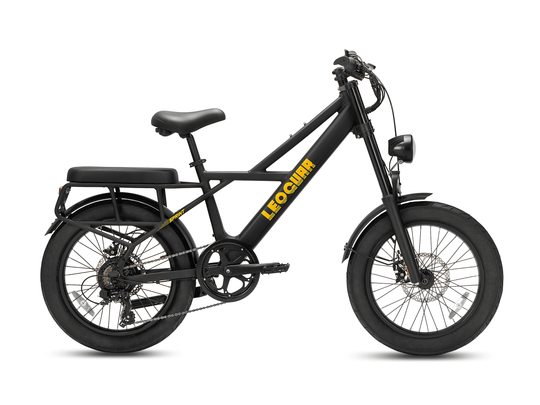
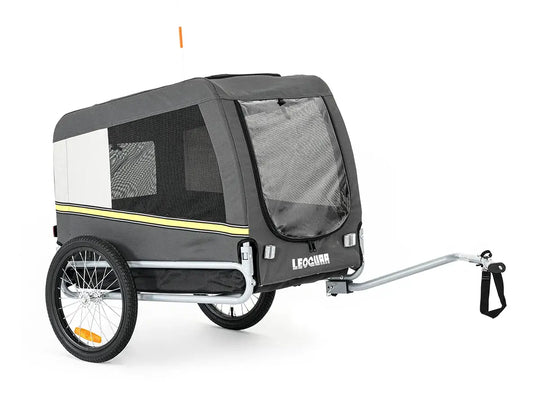
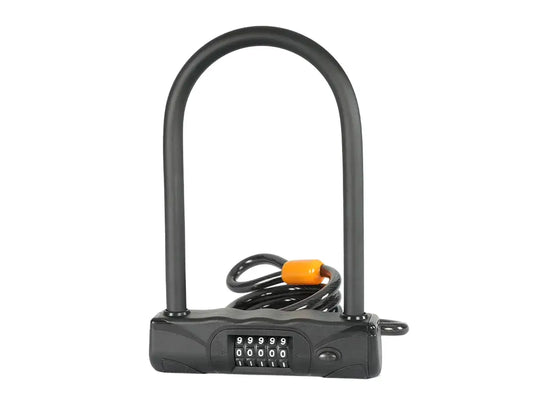
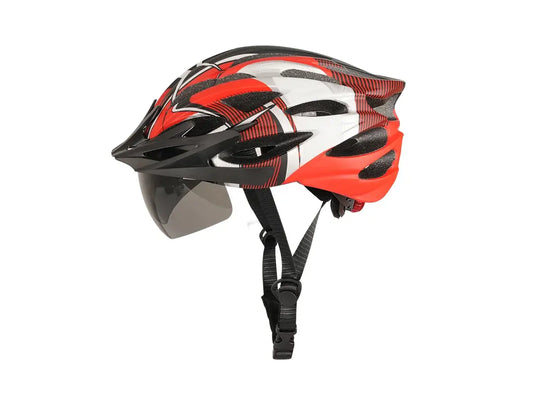
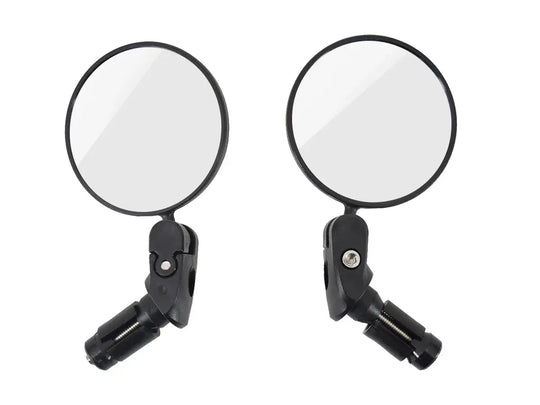
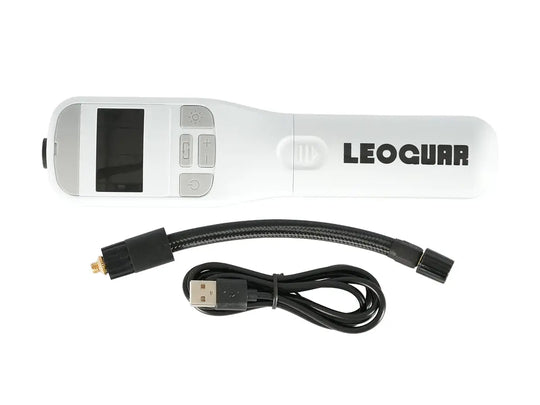
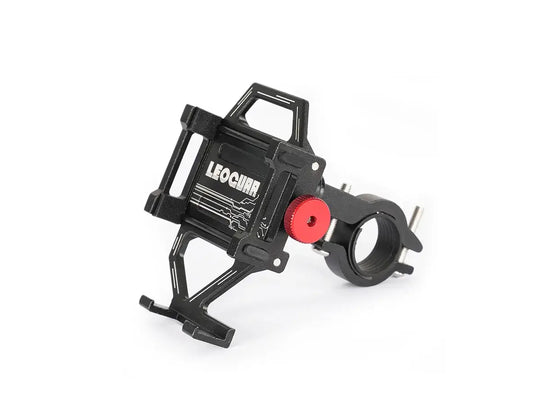
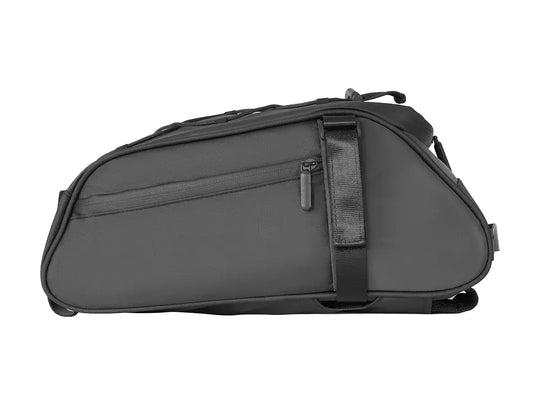
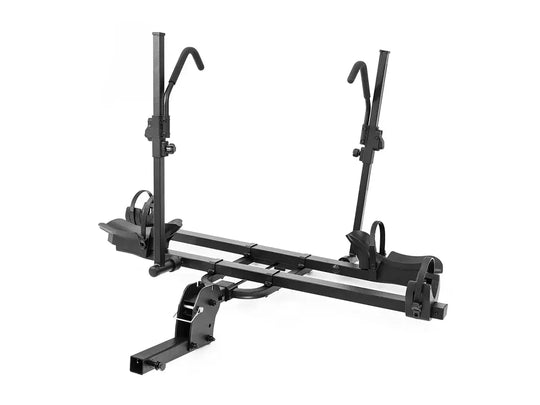
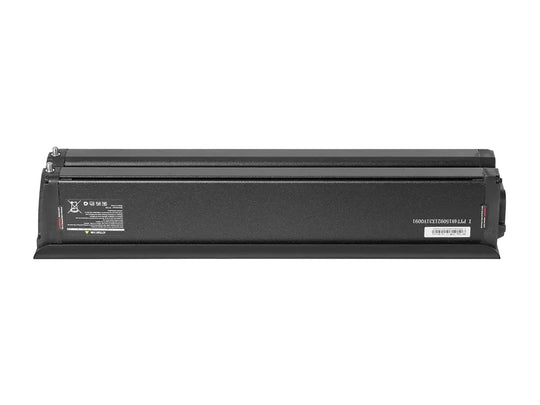
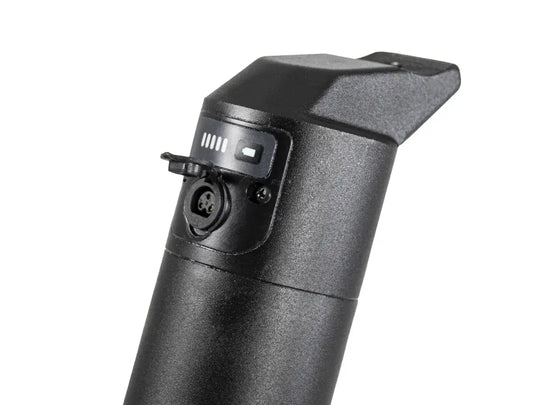
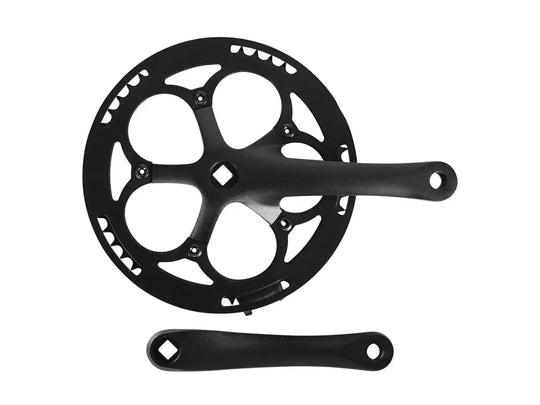
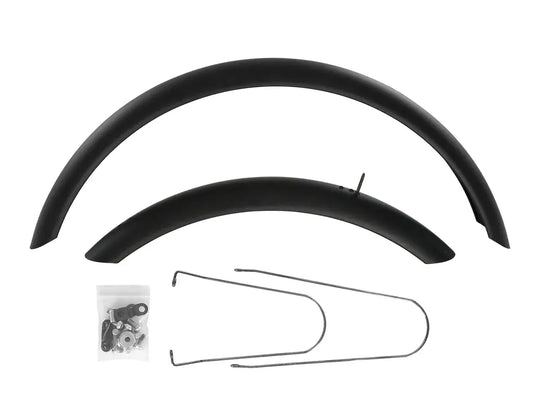
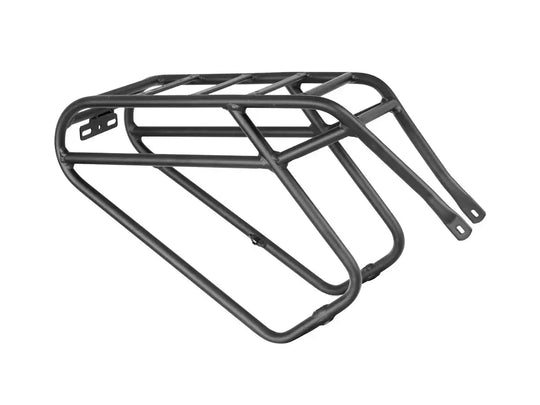
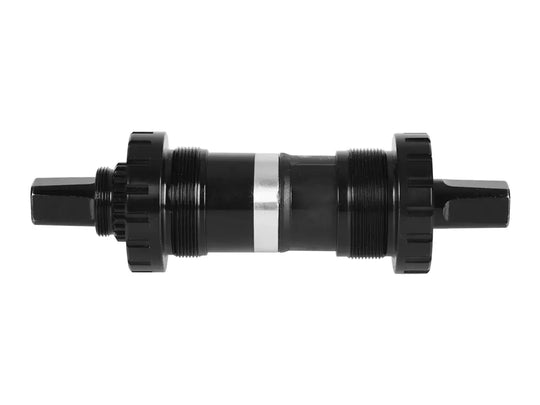
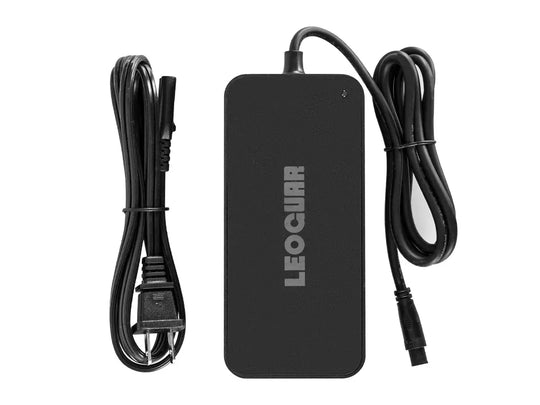
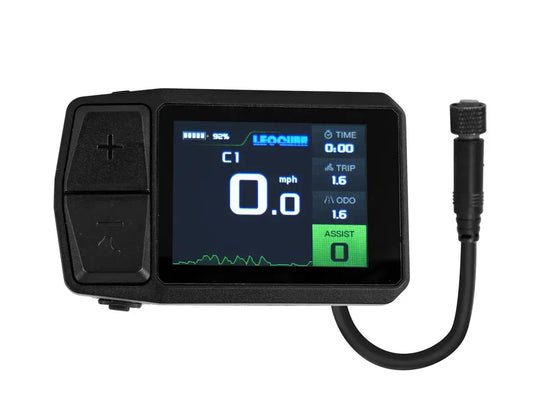
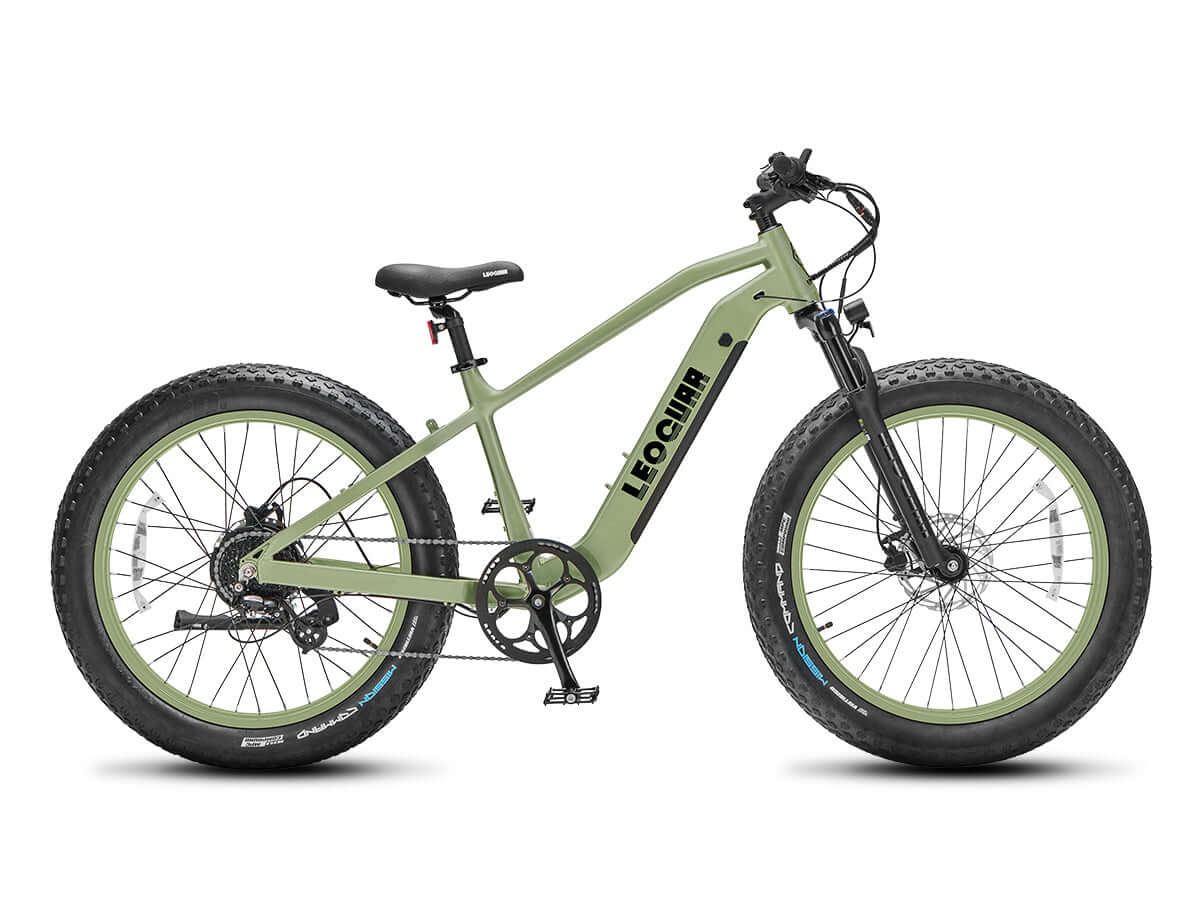







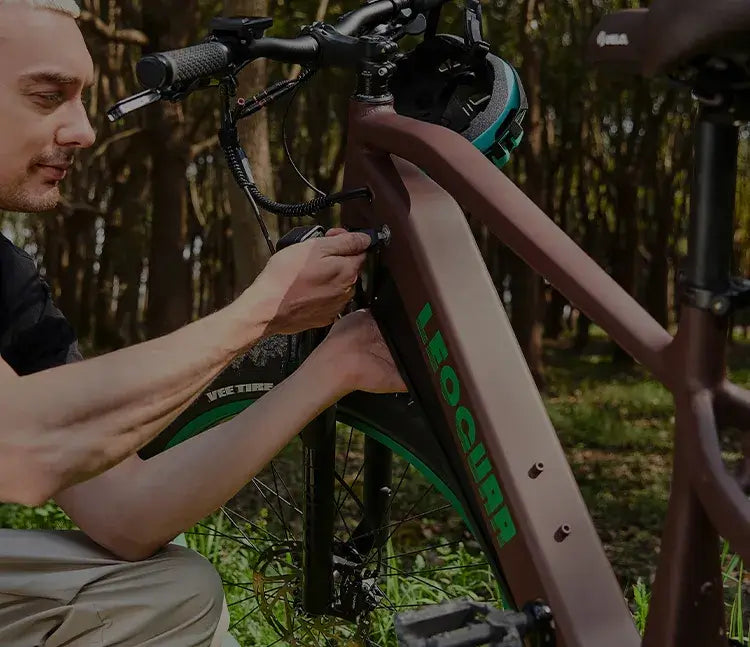
Leave a comment